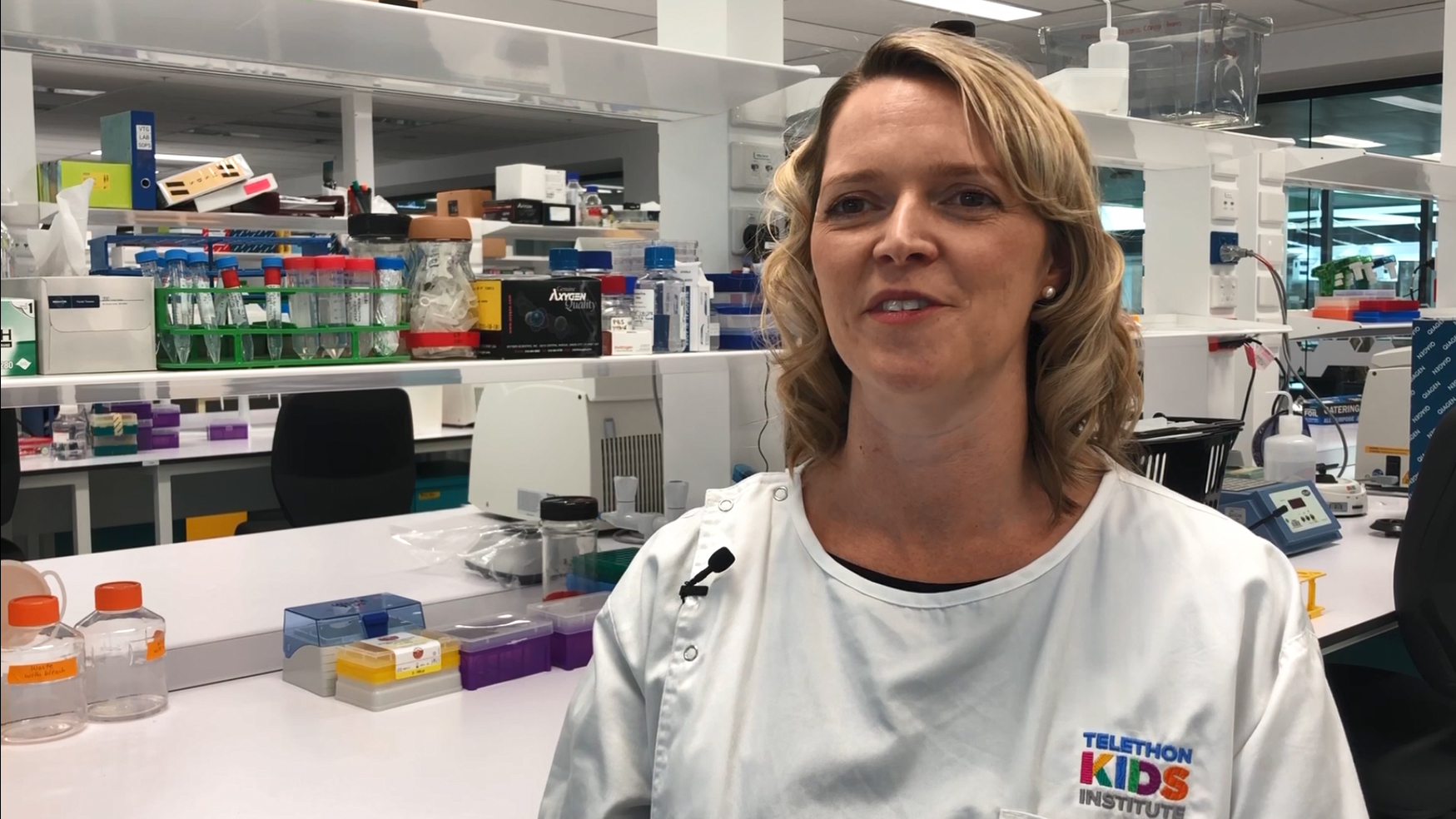Search
Research
The need for community-controlled tools to monitor health impacts of housing and living conditions in AustraliaWe explore the contemporary landscape of housing investments and initiatives seeking to improve health outcomes among Aboriginal and Torres Strait Islander people in Australia, as well as the dearth of quality evidence and agreed approaches to evaluation.
News & Events
Fresh Science to target painful ear infectionsThe Kids's Dr Ruth Thornton is one of 12 finalists in the annual national Fresh Science competition with her research into middle-ear infections.
Research
Recurrent otitis media and behaviour problems in middle childhood: A longitudinal cohort studyTo investigate the long-term effects of early-life recurrent otitis media (OM) and subsequent behavioural problems in children at the age of 10 years.
Research
Development, construct validity and utility of a cross-culturally adapted Otitis Media-6 (OM-6) questionnaire for urban Aboriginal and/or Torres Strait Islander childrenTamara Chris Valerie Veselinovic Brennan-Jones Swift BSc(Hons) MClinAud PhD PhD Clinical Research Fellow Head, Ear and Hearing Health Aboriginal
Research
Hearing loss in Australian First Nations children at 6-monthly assessments from age 12 to 36 months: Secondary outcomes from randomised controlled trials of novel pneumococcal conjugate vaccine schedulesIn Australian remote communities, First Nations children with otitis media (OM)-related hearing loss are disproportionately at risk of developmental delay and poor school performance, compared to those with normal hearing. Our objective was to compare OM-related hearing loss in children randomised to one of 2 pneumococcal conjugate vaccine (PCV) formulations.
Research
Remote paediatric ear examination comparing video-otoscopy and still otoscopy clinician rated outcomesTelemedicine, particularly real time video-otoscopy in rural and remote Australia holds great potential in assessing and managing otology conditions. There is good evidence of store and forward images for assessment, however limited evidence exists for the use of real-time video-otoscopy. The objective of this study was to assess the validity of using real time video-otoscopy, compared to standard store and forward still image otoscopy, in a paediatric population.


News & Events
Nasal spray to prevent ear infections closer to fruition thanks to major grantA nasal spray that could potentially prevent childhood ear infections and reduce antibiotic use is a step closer to clinical trials thanks to a $500,000 CUREator grant.

Research
The use of tranexamic acid in paediatric adenotonsillectomy – A systematic review and meta-analysisTonsillectomy and adenoidectomy are two of the most commonly performed ENT procedures in children, with over 500,000 cases performed annually in the United States. Whilst generally considered a safe and well-tolerated operation, it is not without its risks and complications including pain, nausea, anorexia and most importantly bleeding and post-tonsillectomy haemorrhage.
